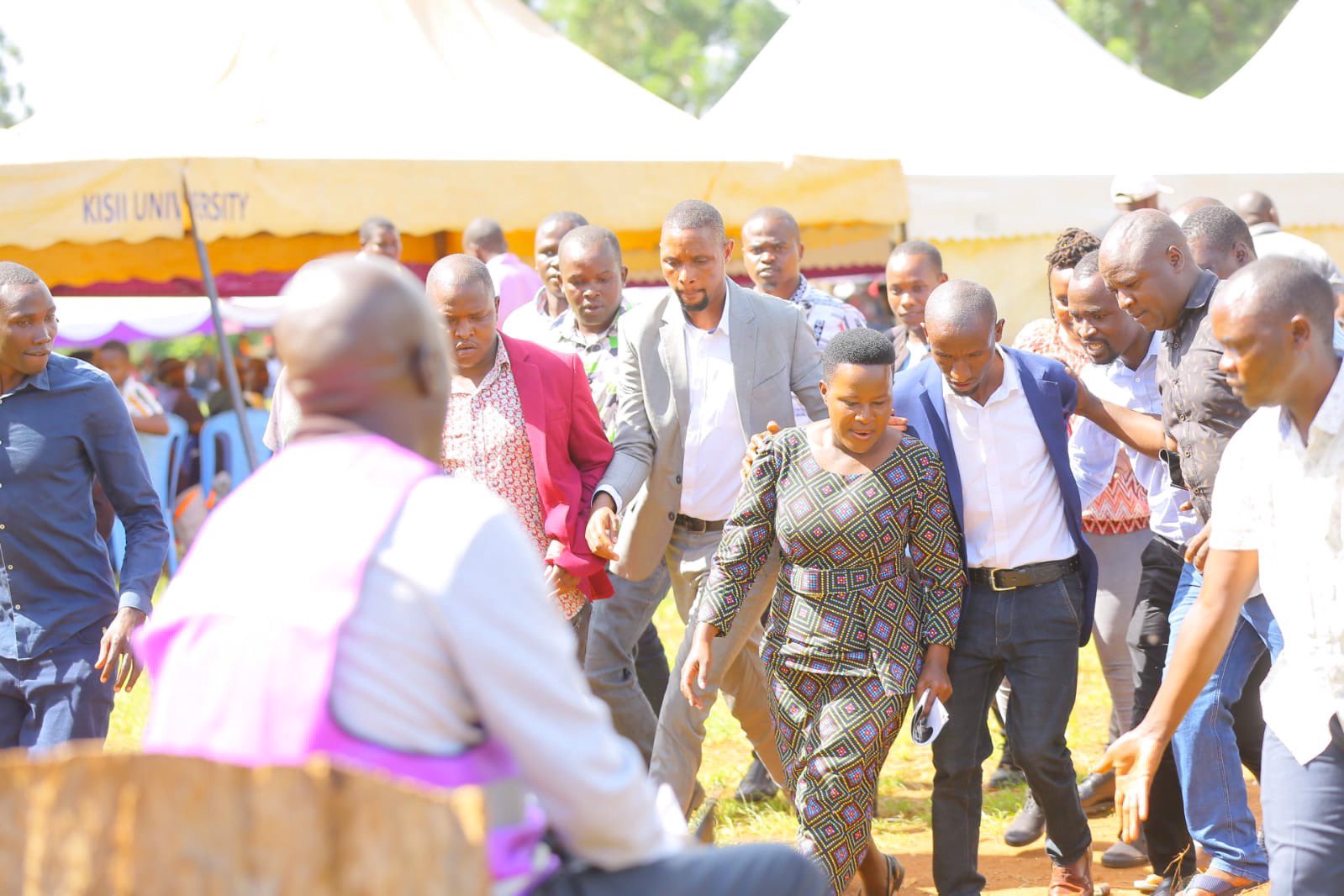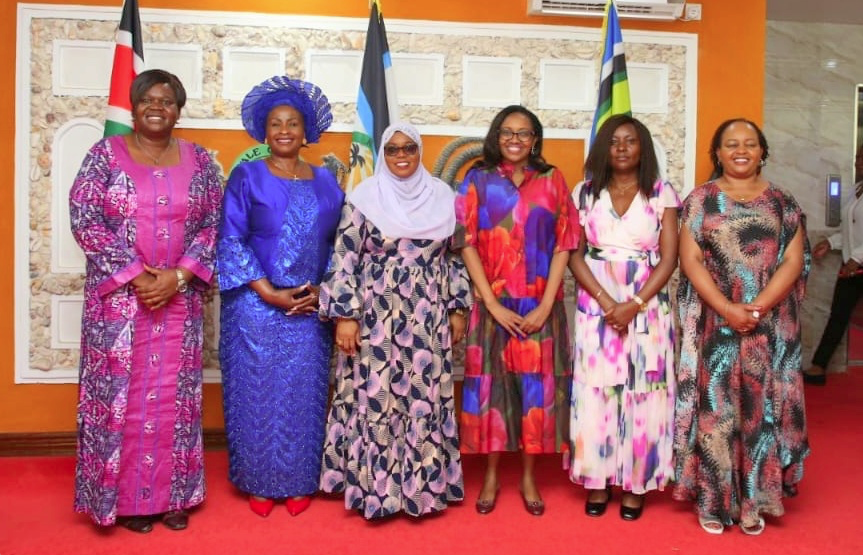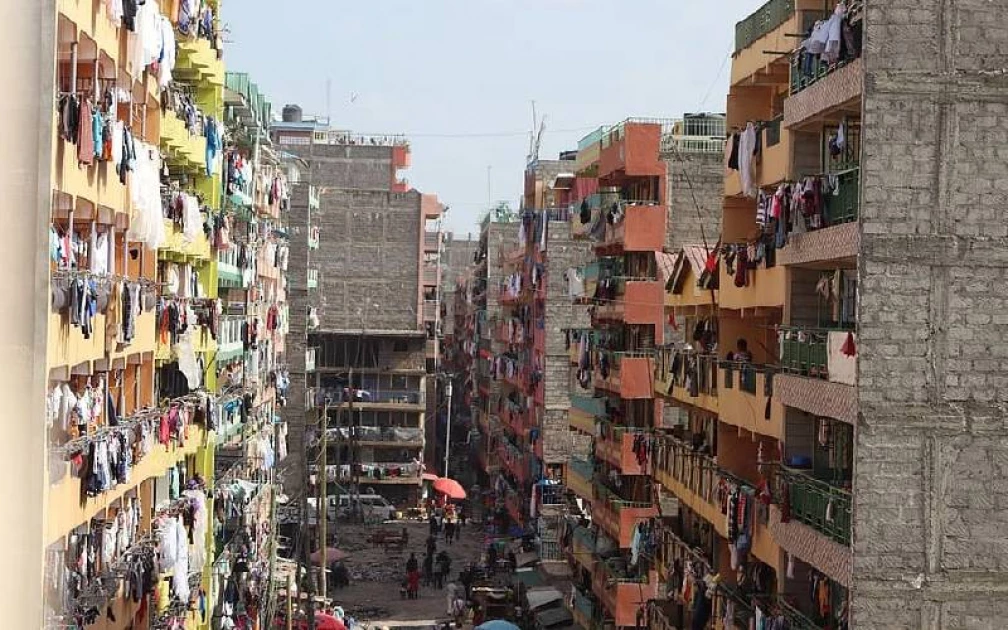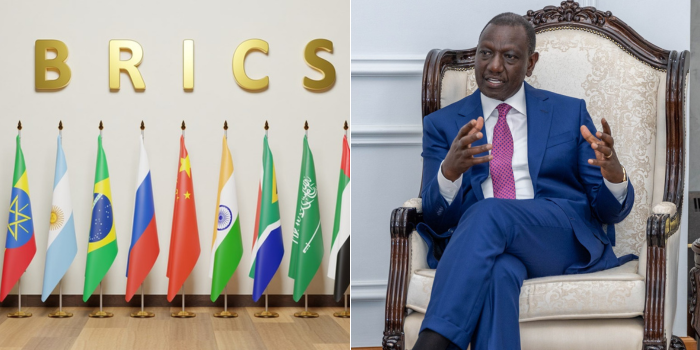KNUT & KUPPET Sec Gens Clash on their of stand of teachers strike!
Kenya's education system is currently disrupted due to a standoff between the Teachers Service Commission (TSC) and teachers' unions over the delayed implementation of the Collective Bargaining Agreement (CBA). The ongoing strike, which impacts nearly one million students, highlights the conflict over teacher compensation and the challenges of maintaining quality education during economic shifts.
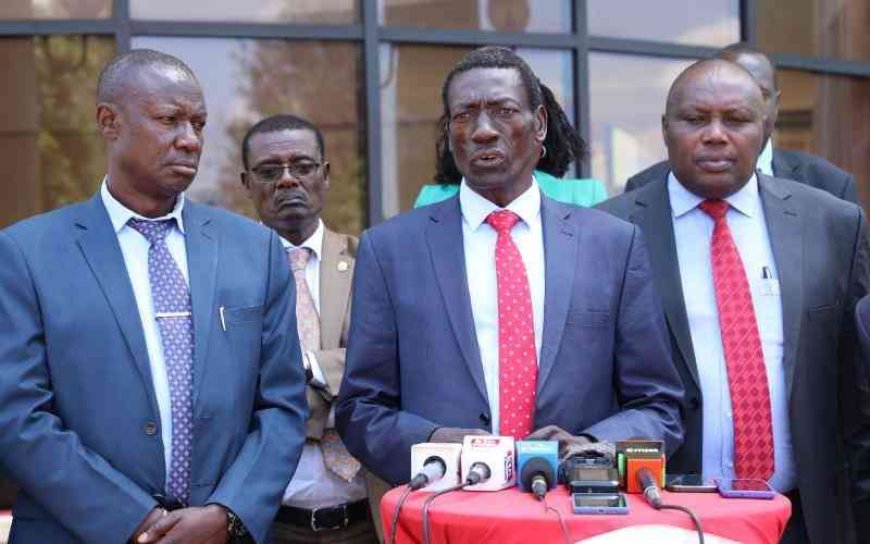
Kenya's education system is currently facing a serious challenge, as tension between the Teachers Service Commission (TSC) and the teachers' unions, particularly the Kenya National Union of Teachers (KNUT) and the Kenya Union of Post Primary Education Teachers (KUPPET), has reached a breaking point. The main issue is the implementation of the Collective Bargaining Agreement (CBA), a contract that details the terms of teachers' employment, including their salaries and benefits.
What's Happening?
The problem began when the second phase of the CBA, scheduled to start on July 1st, was delayed. According to Collins Oyuu, Secretary General of KNUT, the TSC initially refused to follow the agreement, leading to a standoff that has now escalated into nationwide strikes. This situation has left nearly one million Form Four students in a difficult position as they prepare for their final exams.
The TSC claims that it implemented the second phase of the CBA by August, including the promised salary increases. However, the unions argue that this action only happened after they threatened to take the issue to court, which they believe forced the TSC to act. The unions are questioning why the TSC only complied after the threat of strikes. Even though the payments have been made, the situation is complicated by TSC's attempts to stop the strikes through court orders and threats to penalize teachers who don’t return to work.
The Importance of the CBA
The CBA is central to this conflict. While the TSC says it has fulfilled its obligations, the unions believe that the agreement was never fully honored, leading to widespread dissatisfaction among teachers. The unions are not only pushing for the implementation of the current CBA but also calling for a new one for 2025-2029. They argue that the rapidly changing economy requires more frequent reviews of the agreement’s terms.
The ongoing strike has put significant stress on students, especially those in their final year of secondary school. While the unions understand the importance of minimizing disruptions to students' education, they believe that their issues must be addressed to ensure the long-term welfare of teachers, which in turn affects the quality of education.
What’s Next?
Both sides are now in a deadlock. While the TSC has met some of the unions' demands, the unions are hesitant to call off the strike, citing unresolved issues and a lack of trust in the TSC's commitment to fully implementing the CBA. The situation remains tense, with the potential for further disruptions if a resolution is not found soon.
Also Read:
Call to Action
As stakeholders in Kenya's education system, it is crucial for all involved parties to find a way to resolve this conflict. For the sake of the students, who are the primary victims of this standoff, a peaceful and fair resolution must be reached. What are your thoughts on this situation? Share your views in the comments below!
What's Your Reaction?








